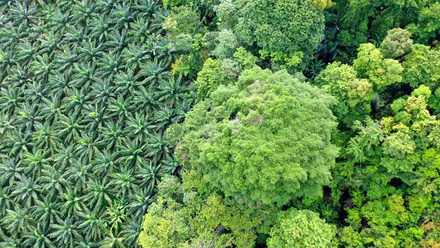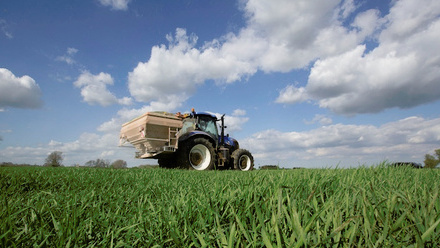The Circular Economy, revised Water Framework Directive and action to reduce food waste
The Circular Economy Package policy statement was issued jointly, on 30 July 2020, by the Department for Environment, Food and Rural Affairs (Defra), the Department of Agriculture, Environment and Rural Affairs (DAERA), the Welsh Government and the Scottish Government.
The statement confirms that the UK is committed to moving towards a more circular economy which will see the country keeping resources in use as long as possible, extracting maximum value from them, minimizing waste and promoting resource efficiency. The EU Circular Economy Package (CEP) introduces a revised legislative framework, identifying steps for the reduction of waste and establishing an ambitious and credible long-term path for waste management and recycling. The UK Government has already consulted on some of the key changes in the CEP, as did the European Commission in 2013 and 2015 during negotiations.
Annex I to the UK statement provides details of 2020 measures and the approach to transposing them. Annex II contains the Regulatory Triage Assessment and Annex III outlines proposed guidance updates regarding the Packaging and Packaging Waste Directive.
Action to reduce food waste
A Commission Notice “Guidelines for the feed use of food no longer intended for human consumption” has been issued. The Notice is part of the action plan to reduce food waste and is an integral part of the communication on the Circular Economy. One of the initiatives is, without competing with the sourcing of food banks, to valorise the nutrients of food which is, for commercial reasons or due to problems of manufacturing or certain defects, no longer intended for human consumption, through its safe use in animal nutrition, without compromising animal and public health. Thus, the feed use of such food avoids that these materials are composted, transformed in biogas or disposed of by incineration or landfilling. The distinction between food, animal by-products, feed and waste has evident implications with respect to the legislative framework governing the different kinds of products concerned. These Guidelines are intended to address these issues within the existing legal framework for food and feed.
Revised Waste Framework Directive
On 14 June 2018 the revised Waste Framework Directive (2018/851) was published in the Official Journal of the European Union. The new waste legislation includes an exclusion for substances destined for use as feed materials (Article 2(2,e)). Also, Recital 8 confirms that when former foodstuffs are placed on the market as safe feed materials, they cannot be downgraded to waste based on interpretation of the by-products criteria by competent environmental control authorities. This is because these materials are already covered by feed legislation.
The amendment is also relevant in the light of the new definition of “food waste” (Article 3(4,a) – food waste is food that has become waste), as food is prevented from becoming a waste when it is used in feed.
Member States have until 5 July 2020 to bring into force the laws, regulations and administrative provisions necessary to comply with the revised Waste Framework Directive.



